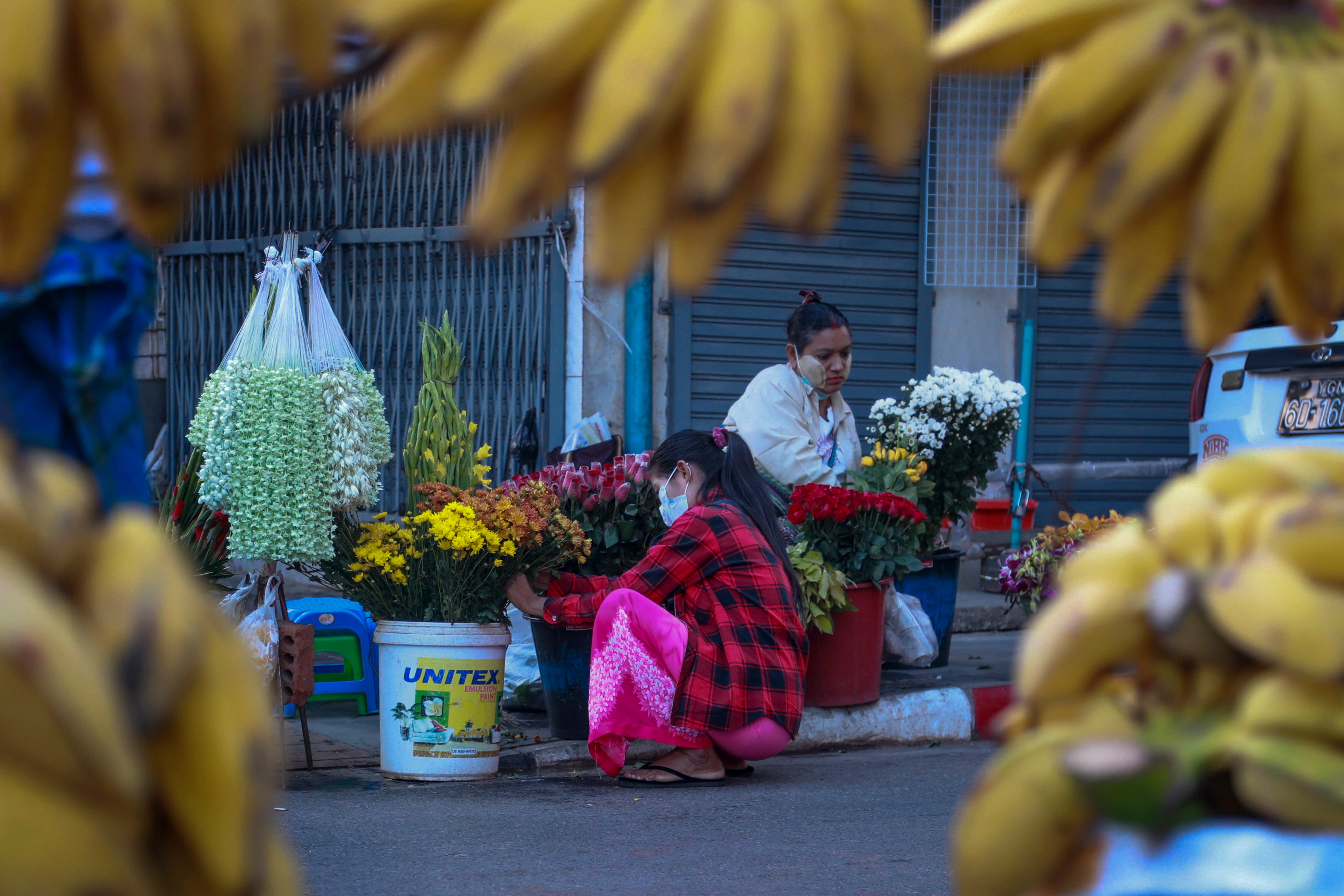World Bank: Myanmar economy to grow 3%, dragged by conflict
World Bank economists say Myanmar's economy grew 3% last year and will likely achieve the same pace in 2023, but still lags far behind where it stood before the army seized power in early 2021

Myanmar’s economy grew 3% last year and will likely achieve the same pace in 2023, but still lags far behind where it stood before the army seized power in early 2021, the World Bank said in a report released Monday.
The global development agency estimates Myanmar’s level of economic activity is still more than 10% below where it stood before the pandemic and the military takeover. On a per capita basis it is even further behind, it says.
If the global economy slows further as expected, exports and investment may weaken after recovering somewhat from the pandemic and the disruptions caused by civil conflict and foreign sanctions after the army ousted Aung San Suu Kyi's elected government.
The reversion to military control after nearly a decade of quasi-civilian rule provoked mass protests that spun into armed revolt, on top of decades-long conflict between the government and armed ethnic groups.
“Economic activity has continued to be disrupted by persistent conflict, which has had devastating impacts on lives and livelihoods, and by electricity shortages," the report said.
Myanmar’s economy contracted by about 18% in 2021, after growing at a pace of 6% or more in the years before. The slow pace of expansion last year, from a very low base, suggests conditions remain weak.
“What’s surprising is that the growth hasn’t been higher,” Kim Alan Edwards, a World Bank senior economist, said in an online briefing. “Growth is nowhere near levels we saw in 2019.”
Like other emerging economies, Myanmar has had to contend with a weakening of its currency against the dollar. The kyat's value dropped by about a quarter in June-December last year and has less than half the value it had two years earlier. That makes imports of vital commodities like oil much more expensive in local terms.
Combined with higher prices for many commodities including oil and gas, Myanmar has seen inflation hit nearly 20% as of July, the report said.
“While the kyat has stabilized in recent months, foreign currency shortages persist, which together with onerous trade restrictions have affected businesses’ ability to supply of a range of imported products," it said.
The World Bank economists said controls imposed by the central bank to support the kyat and protect foreign exchange reserves have been relaxed, making it easier for exporters to obtain credit or retain their earnings. But many businesses and people are forced to comply with orders to convert foreign currency into kyat at the official rate of 2,100 kyats per dollar, when the market value is about 2,800 kyats.
The report says agriculture and garment manufacturing have recovered and some businesses are finding ways to operate by using informal payments and trade channels. The reopening of Myanmar's trade routes with China also has helped.
But risks have been heightened by security issues, due to the civil conflict, that add to costs and delays for transporting goods.
“There are no easy fixes to Myanmar's situation," Edwards said, noting a lack of transparency that obscures what is going on. “Rules and regulations can change anytime and can favor some and not others."